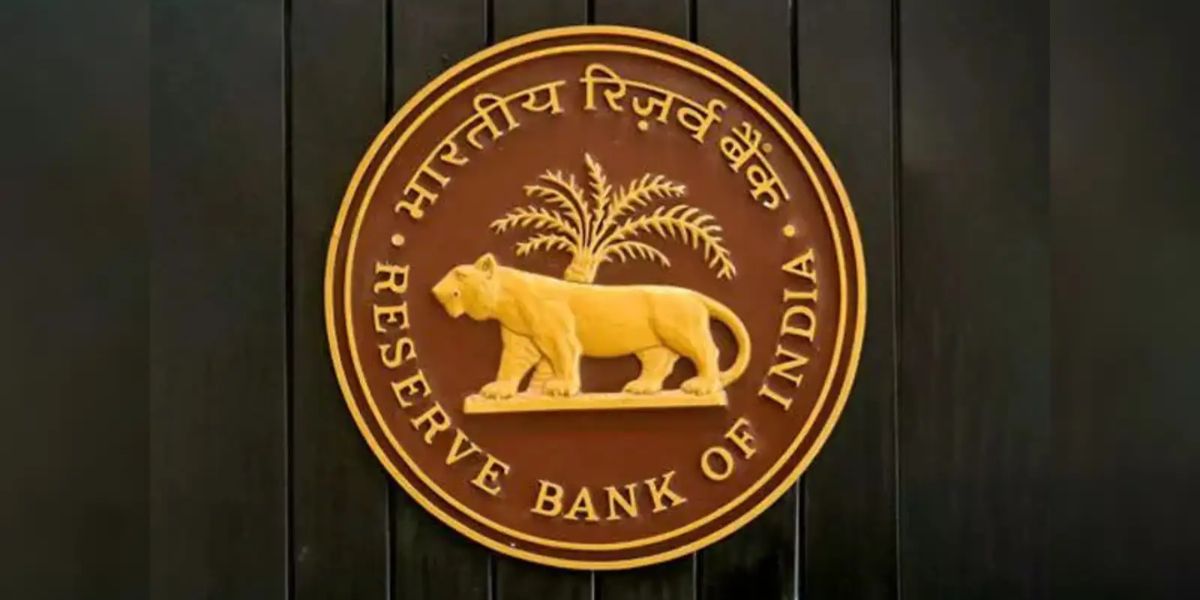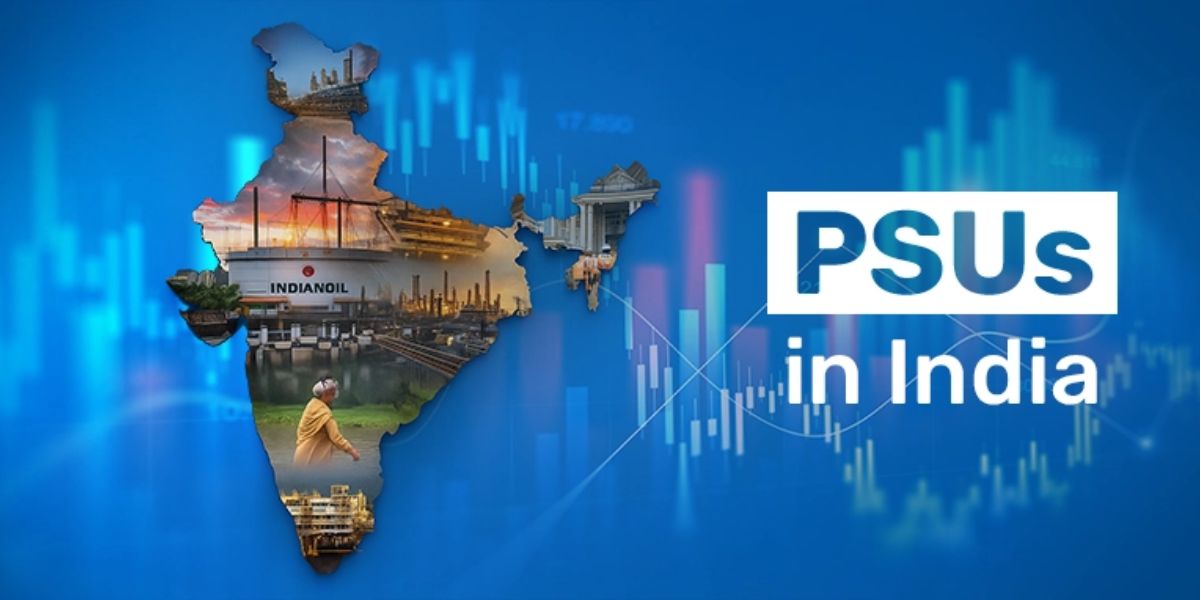In recent years, India’s public sector undertakings (PSUs) have been at the forefront of the government’s disinvestment and asset monetization drive. The primary goal of these sales is to improve efficiency, reduce the government’s fiscal burden, and unlock value from underutilized assets. However, not every PSU asset sale achieves the desired outcome. For a sale to be truly successful, it requires a strategic approach, transparency, and alignment with broader economic goals.
Understanding PSU Asset Sales
A PSU asset sale involves transferring ownership or operational control of government-owned entities, either fully or partially, to private investors. This can be done through strategic sales, public offerings, or asset monetization programs. These transactions are part of India’s ongoing effort to modernize public enterprises and encourage private sector participation in industries where efficiency and innovation are key.
Table of Contents
Over the past decade, India has seen successful PSU divestments such as Air India, BPCL (Bharat Petroleum Corporation Limited), and Container Corporation of India, alongside ongoing discussions about strategic sales in sectors like energy, steel, and logistics.
Key Factors That Determine the Success of a PSU Asset Sale
1. Transparent Valuation Process
One of the most important factors in any PSU asset sale is transparency in valuation. An inaccurate or opaque valuation can deter investors and create public mistrust. A successful sale requires independent valuation experts who consider tangible assets (like land, machinery, and plants) as well as intangibles (like brand value, market share, and intellectual property).
The government has increasingly relied on third-party consultants to ensure valuations reflect real market conditions. Transparent valuation not only boosts investor confidence but also safeguards public interest.
2. Strong Regulatory and Policy Framework
A well-defined regulatory framework is essential for smooth and credible asset sales. India’s Department of Investment and Public Asset Management (DIPAM) has played a crucial role in creating standardized procedures and ensuring compliance with regulations.
Clear policies around ownership transfer, employee protection, and long-term commitments from buyers prevent legal disputes and make the process more predictable for both domestic and international investors.
3. Strategic Fit for Buyers
For a PSU asset sale to succeed, the buyer must be strategically aligned with the asset’s potential. Investors who have operational expertise in the same or related industries tend to perform better in managing acquired PSUs. This ensures continuity in operations and helps retain the asset’s market relevance.
For instance, when Air India was acquired by the Tata Group, the buyer’s deep experience in aviation and hospitality made the transition smoother and enhanced the airline’s chances of revival.
4. Political and Public Support
Public sentiment and political stability significantly affect PSU divestment outcomes. Since PSUs are often viewed as national assets, strong communication about the benefits—such as improved efficiency, job preservation, and better service delivery—is crucial.
Governments that engage openly with stakeholders, including unions and local communities, are more likely to carry out successful and dispute-free sales.
5. Effective Asset Monetization Strategy
A successful sale isn’t just about ownership transfer—it’s also about maximizing asset utilization. The National Monetization Pipeline (NMP), introduced by the Indian government, focuses on leasing or concession models that allow private players to operate assets while ownership remains with the government.
This model balances private participation with public accountability, ensuring long-term benefits without permanent loss of national assets.
6. Investor Confidence and Market Conditions
Macroeconomic stability and favorable market conditions play a huge role in determining the timing and success of PSU asset sales. Periods of strong GDP growth, stable inflation, and robust investor sentiment attract more buyers and higher valuations.
Conversely, global economic uncertainty or high interest rates can delay or reduce investor participation. This is why timing—often guided by DIPAM and financial advisors—is a crucial factor.
7. Post-Sale Integration and Management
The success of a PSU asset sale doesn’t end with the transaction. How well the new management integrates the acquired asset determines its long-term sustainability. Post-sale monitoring, performance audits, and adherence to service obligations help maintain accountability and prevent misuse of assets.
For example, infrastructure-based PSU sales often include performance-linked clauses to ensure that the buyer maintains operational standards for several years after acquisition.
Challenges Facing PSU Asset Sales
Despite progress, several challenges persist. Complex ownership structures, outdated technology, and employee resistance can delay deals. Additionally, bureaucratic hurdles and inconsistent communication between government departments can slow the process.
However, these challenges are being addressed through digital transparency tools, streamlined approval processes, and the use of online bidding platforms that ensure fair competition among bidders.
The Road Ahead for PSU Asset Monetization
As India aims to accelerate its disinvestment goals, the government is focusing on making PSU asset sales more strategic and performance-oriented. The Union Budget 2025 reaffirms the goal of unlocking over ₹1.6 lakh crore from public sector assets through strategic sales, privatization, and partnerships.
Going forward, successful asset sales will depend on balancing commercial efficiency with public accountability. Encouraging private innovation while safeguarding national interest will remain the key challenge—and opportunity—for policymakers and investors alike.
Conclusion: Creating a Win-Win Model for Growth
A successful PSU asset sale goes beyond revenue generation—it sets the foundation for sustainable economic growth and modern governance. When executed strategically, with transparency and stakeholder trust, asset sales can breathe new life into legacy institutions and drive national development.
To stay updated on PSU banking, careers, and asset monetization trends, visit IndiaPublicSector.com for expert insights and in-depth analysis.










